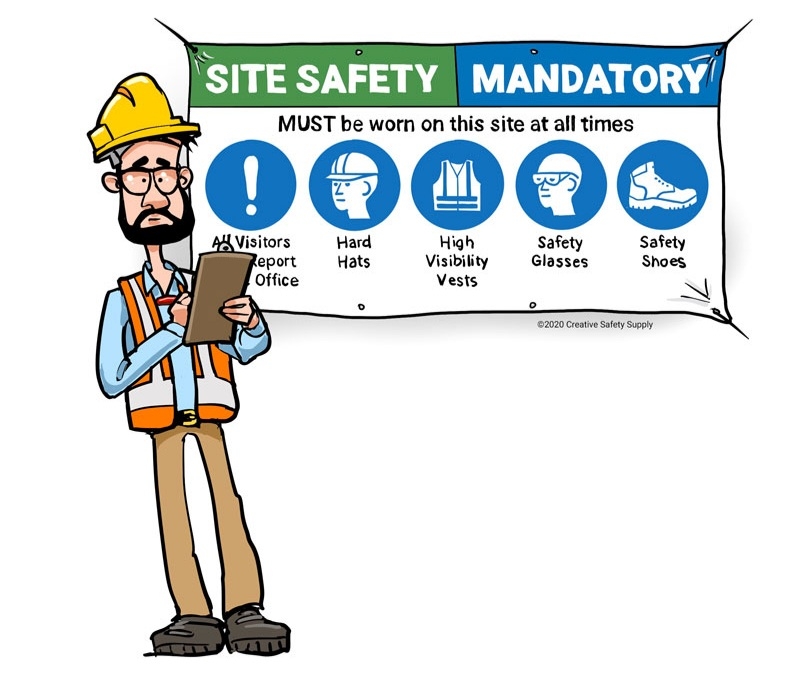Credit Habits That Quietly Destroy Your Home Loan Chances
Most people think bond approvals come down to income.
They don’t.
Banks lend based on risk, and risk is measured through your credit behaviour over time. Not just missed payments—patterns. Habits. Decisions you made months or even years ago.
Here are the most common credit habits that quietly weaken your profile and cost buyers approvals, good interest rates, or entire property deals.
Utility Bills: The Small Accounts That Cause Big Problems
Municipal accounts, electricity, water, refuse, and rates are often overlooked. That’s a mistake.
In South Africa, utility bills are credit-reportable. Late payments, disputes, or arrears show up and stay there.
Banks interpret unpaid utilities as basic financial mismanagement.
If you struggle to pay for water and electricity on time, lenders assume a home loan will be worse—not better.
SEO keywords: utility bills credit report, municipal arrears home loan, credit score South Africa
Internal link suggestion:
👉 How Municipal Arrears Delay Property Transfers in Cape Town
Frequent Requests for Credit Lines Signal Financial Stress
Every time you apply for credit, a hard enquiry is logged.
Multiple enquiries in a short period raise alarms.
Examples include:
-
Store cards
-
Personal loans
-
Overdraft increases
-
Credit limit extensions
Even if you’re approved, the damage is already done.
Banks don’t see “opportunity.”
They see cash-flow pressure.
Too many enquiries suggest you’re plugging gaps instead of managing money.
SEO keywords: credit enquiries impact, applying for credit South Africa, bond affordability checks
Internal link suggestion:
👉 How Banks Calculate Bond Affordability in 2026
Business Credit Cards Are Not Invisible
Business owners often assume business credit doesn’t affect personal lending.
That’s incorrect.
If you’re:
-
A director
-
A sole proprietor
-
A personal surety
Then business credit cards and facilities count as personal exposure.
Banks assess total liability, not how you label it.
Strong turnover won’t save you if business debt eats into affordability.
SEO keywords: business credit cards affect personal credit, self-employed home loan South Africa
Internal link suggestion:
👉 Home Loans for Self-Employed Buyers in Cape Town
Co-Signed Loans Count as Your Debt
Co-signing is one of the most damaging “helpful” decisions people make.
Even if the other party pays perfectly:
-
The debt counts against you
-
Your affordability drops
-
Your risk profile worsens
If they default, the damage is immediate and severe.
Banks don’t care who uses the asset.
They care whose name is on the contract.
SEO keywords: co-signed loan credit risk, joint liability credit report
Car Leases Reduce Bond Approval Power
Car leases feel manageable monthly. Banks see them differently.
They calculate:
-
Total outstanding balance
-
Remaining term
-
Fixed monthly commitment
Vehicle finance competes directly with property finance—and loses.
High car instalments are one of the biggest reasons buyers qualify for less house than expected.
SEO keywords: car finance vs home loan, affordability calculation South Africa
Internal link suggestion:
👉 What Reduces Your Home Loan Approval Amount?
Little or No Credit History Is Not a Strength
Many buyers believe avoiding credit makes them safer.
Banks disagree.
No credit history means:
-
No repayment track record
-
No risk behaviour data
-
No proof of discipline
This is known as thin credit—and it raises uncertainty.
Lenders prefer controlled, well-managed credit over none at all.
SEO keywords: thin credit profile, no credit history home loan
Ignoring Your Credit Report Is the Costliest Mistake
Credit reports are not self-correcting.
They contain:
-
Old defaults
-
Settled accounts marked incorrectly
-
Duplicate listings
-
Fraudulent accounts
If you don’t check it, the bank will—and they won’t fix it for you.
Buyers regularly lose approvals over issues they didn’t know existed.
SEO keywords: check credit report South Africa, credit report errors, improve credit score home loan
Internal link suggestion:
👉 How to Clean Your Credit Profile Before Buying a Home
Why This Matters in the Cape Town Property Market
Cape Town is competitive.
When multiple buyers make offers, sellers favour:
-
Strong approvals
-
Lower risk
-
Faster transfers
Credit quality affects:
-
Approval speed
-
Interest rate offered
-
Deal certainty
Two buyers can earn the same income.
The one with better credit wins.
Lake Properties Pro-Tip 🏡
If you plan to buy or sell within the next 6–12 months, audit your credit profile now.
Fixing errors, settling strategic debts, and reducing exposure early can improve approval odds, unlock better interest rates, and strengthen your negotiating position.
In property, preparation isn’t optional—it’s leverage.
Call to Action
Ready to explore the best investment opportunities in Cape Town?
Contact Lake Properties today and let our experts guide you to your ideal property.
If you know of anyone who is thinking of selling or buying property,please call me
Russell
Lake Properties
ww.lakeproperties.co.za
info@lakeproperties.co.za
083 624 7129
























